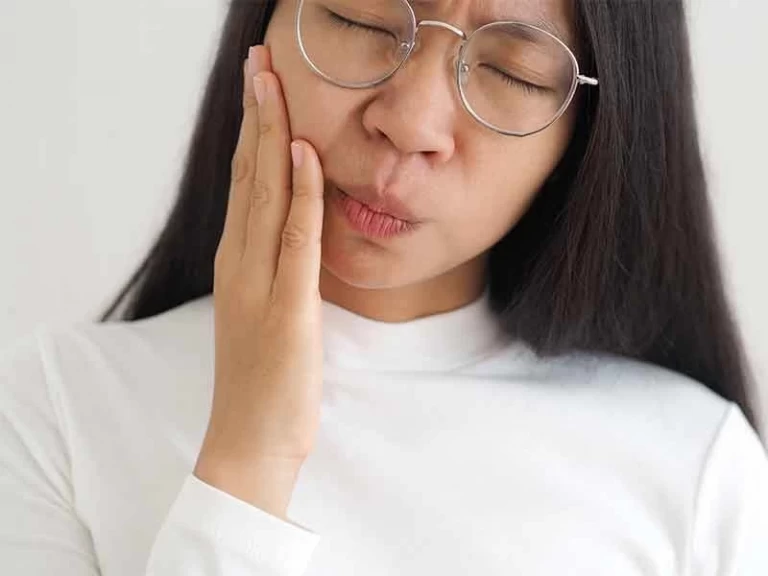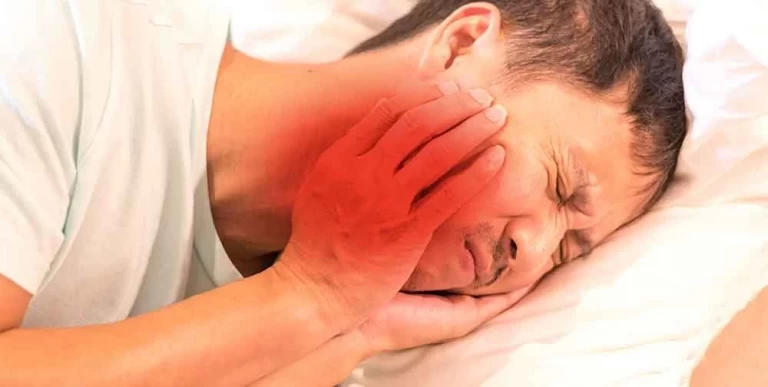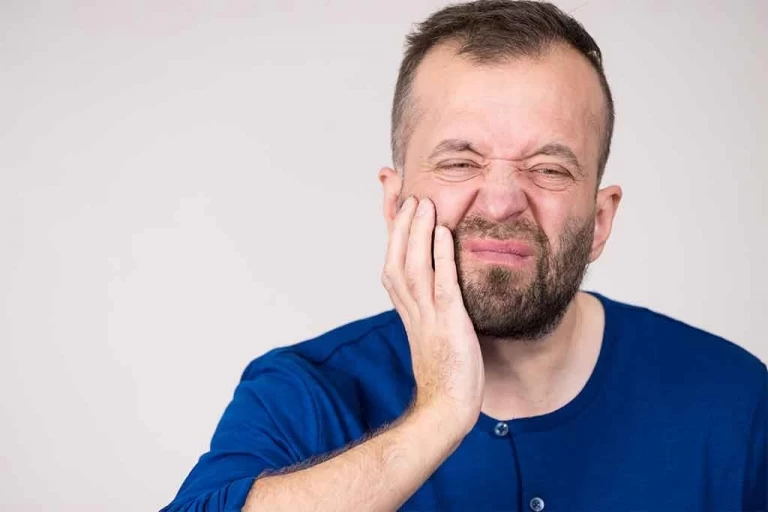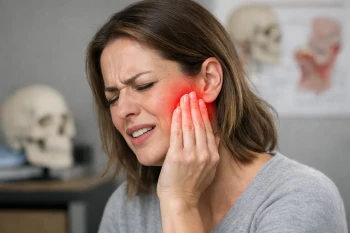
TMJ dysfunction, also known as TMD is a ubiquitous condition affecting nearly 10 million Americans. (1) Often times before it develops into full TMJ dysfunction there are precursors or clues that start to show prior to full blown chronic TMJ dysfunction occurs. The most common precursor to TMJ is jaw muscle tightness which causes decreased ability to open the mouth fully. The muscles that control mastication, like any other muscle, can become chronically tight if there is an underlying upper cervical injury. We will discuss how the biomechanics of the upper cervical spine can be at the root of TMJ issues and offer a simple, natural, effective procedure that can help prevent TMJ from ever occurring and if it is already present help remove the underlying cause so you can be healthy again.
Difficulty chewing. jaw pain and the cervical spine
As with any muscle, if it is under constant tension the muscle will fatigue easier when it is called upon for work. The mastication muscles of the jaw are controlled by the fifth cranial nerve, known as, the trigeminal nerve. The nuclei that controls the three branches of the trigeminal nerve are located inside of the brain stem. The brainstem is located at the top of the neck and is housed or protected by the bottom of the skull and the top two bones in the neck called the atlas (c-1) and axis (c-2).
The average person’s head weighs 10-12 pounds and rests on the atlas which weighs 2 ounces. The engineering of this part of the spine makes it susceptible to spinal injury. Sports injuries, car accidents, and other blunt type trauma can cause a spinal misalignment at the base of the skull which can then cause a long-term cascade of adaptive mechanisms in the body leading to a plethora of conditions.
Since the trigeminal nucleus is housed by the atlas and axis, injury to this region can result in spinal misalignment and also lead to brainstem and trigeminal nerve nucleus interference. There are a host of theories that help explain how a mechanical misalignment can lead to brainstem interference. (2.3)
The bottom line is upper neck injuries lead to postural muscle tone imbalance and also can lead to muscles of mastication imbalance. Precursors to TMJ onset can be chewing difficulty and reduction in the ability to open the mouth wide. This makes sense because imbalance in mastication muscle imbalance also leads to structural misalignment of the TMJ which if left unchecked can lead to chronic TMJ dysfunction symptoms like:
Jaw clicking
Headaches
Temple pain and tightness
And vestibular issues
Correcting upper cervical misalignment can be one key factor in recovering from the underlying cause of TMJ and TMD.
What is Blair upper cervical chiropractic? What exactly does an upper cervical doctor do?
Blair Upper Cervical doctors are specially trained to locate spinal misalignments in the upper cervical spine and correct them. Spinal misalignment is located by running a battery of neurological tests that locate the spinal segments that have been injured and misaligned by a prior neck injury.
Once located, precision imaging in the form of digital x-ray or cone-beam computed tomography (CBCT) is used to precisely determine which joint has misaligned and the angulation of the misaligned joint. Each person’s anatomy is different and therefore imaging is used to uncover the blueprint to be used to correct each patient’s individual misalignment pattern.
Once this information is gleaned, a gentle, light correction is made without twisting, popping, or pulling. The patient is then monitored over time to ensure that the correction is holding. If the testing indicates the need for another correction, then it is performed. However, the goal of Blair Upper Cervical Care is for the patient to stay in “adjustment”.
It isn’t the correction that produces healing. It is the removal of nerve irritation and the adjustment “holding” in its normal position that allows the body to function better and proceed through a healing process. This is how Blair Chiropractic treatment can often help remove the underlying cause of many who suffer from TMD, and other chronic health problems by supporting the body in healing itself.
If you are searching for TMJ treatment near you and you are located in the Pleasanton area we have an office: Pleasanton (925) 846 3357. If you are outside of the Pleasanton area you can call either of those numbers and we would be happy to find someone in your locale that can help! We hope that this article finds those suffering and will shed some light on how to naturally recover from ill-health. " Nature needs no help just no interference". Remove the cause and healing occurs. These are the mottos of Blair upper cervical care. Be well!
References:
- https://www.nidcr.nih.gov/sites/default/files/2017-12/tmj-disorders.pdf
2. https://www.ncbi.nlm.nih.gov/pmc/articles/PMC1074087/
- https://www.ncbi.nlm.nih.gov/pmc/articles/PMC4025088/






Leave a comment